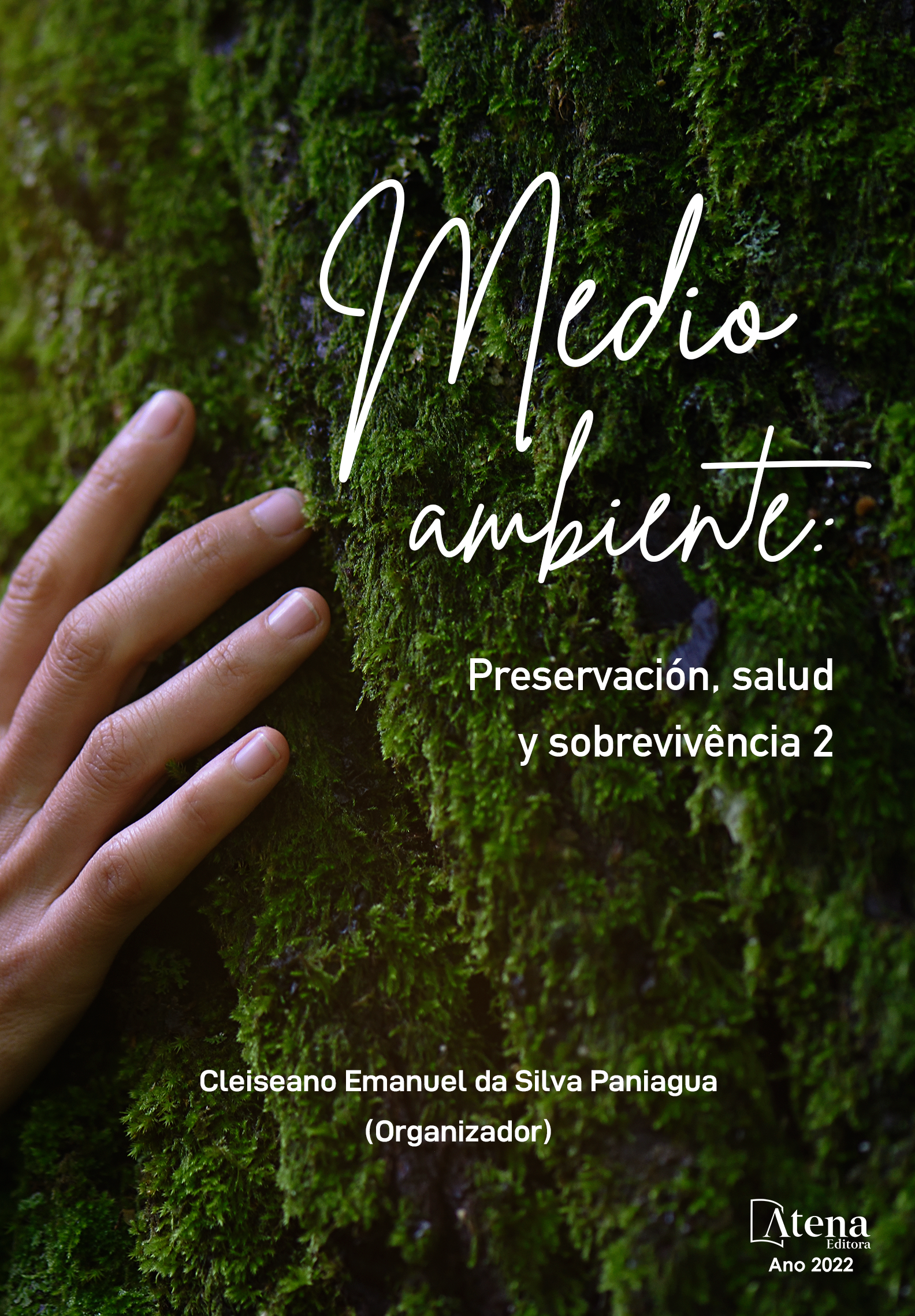
POPULATION STRUCTURE AND ECOLOGY OF A HIGH ANDEAN FOREST: POLYLEPIS RUGULOSA (ROSACEAE) FROM PERU
-
POPULATION STRUCTURE AND ECOLOGY OF A HIGH ANDEAN FOREST: POLYLEPIS RUGULOSA (ROSACEAE) FROM PERU
-
DOI: 10.22533/at.ed.7052222075
-
Palavras-chave: -
-
Keywords: Anthropogenic influence; associated flora; phenology; plant growth
-
Abstract:
Thirteen plots of 500m2 were established in the forest of quenoa at Muylaque, district of San Cristóbal (Moquegua), southern of Peru. The population structure showed a predominance of saplings (239 individuals), followed by adults (217 individuals), and seedlings (164 individuals). The average of individuals per plot was higher for the seedlings (18.4 ± 3.6), followed by adults (16.7 ± 4.3) and saplings (12.6 ± 4.5). It was estimated 334 adult individuals per hectare. P. rugulosa yielded floral buds during the wet season (December to February), while in the dry season (July to September) individuals in a vegetative stage predominate. The fruiting stage predominated at the end of the wet season (February to April). The plants affected by anthropogenic activities were accounted up to 13% of the plants evaluated. The associated flora to the P. rugulosa forest is composed of 72 species of herbaceous and shrubby plants distributed in 28 families.
-
Número de páginas: 10
- Rivera Campano Milko
- Flores Roque Mario
- Morales Aranibar Carlos
- Costa Taborga Juan
- LUIS FORTUNATO MORALES ARANIBAR


